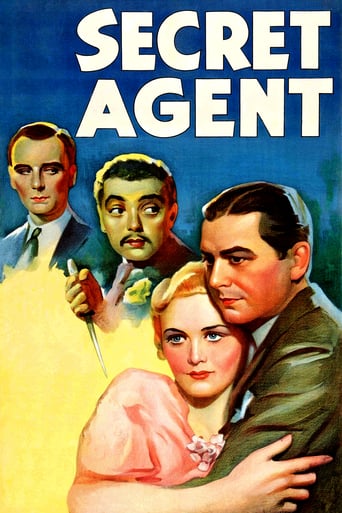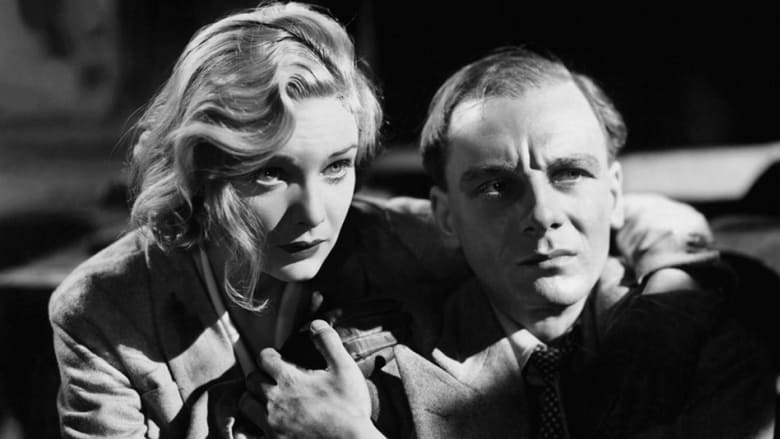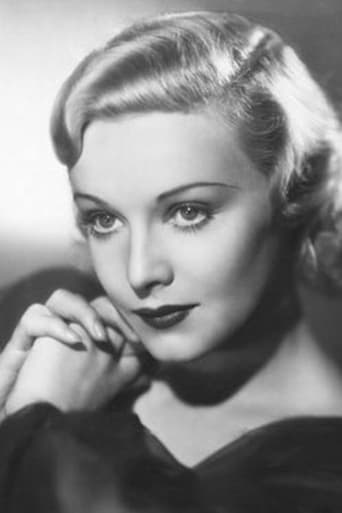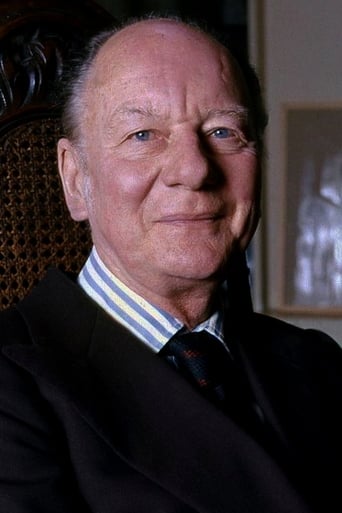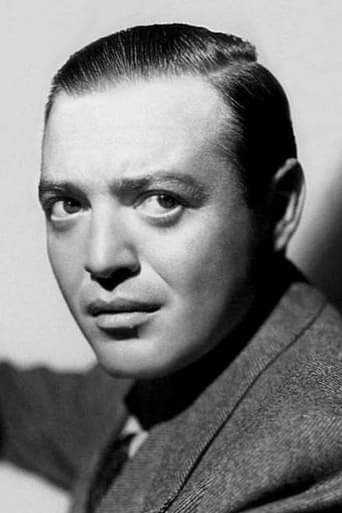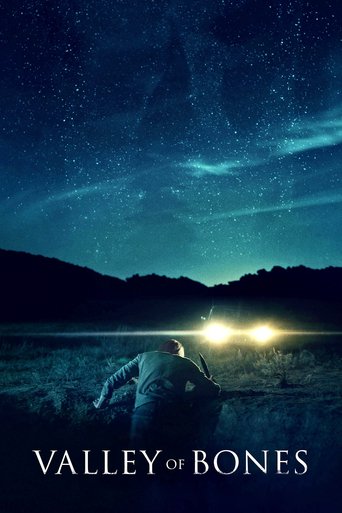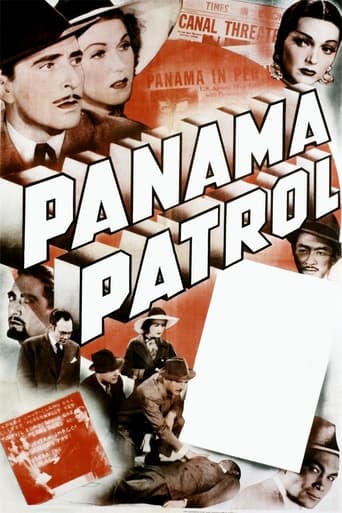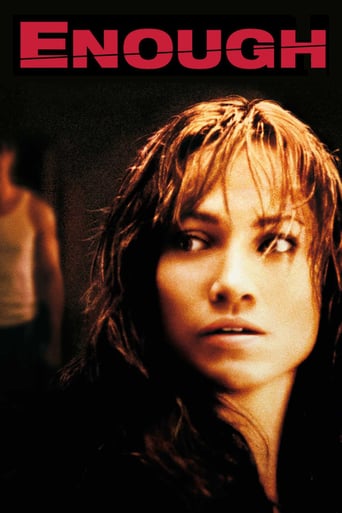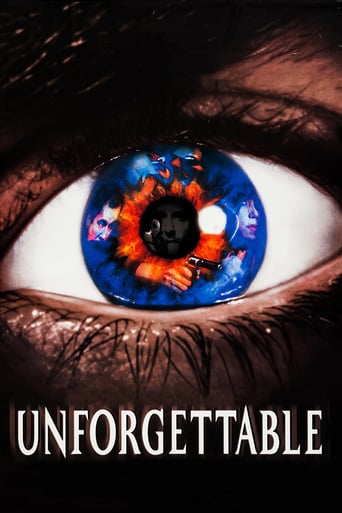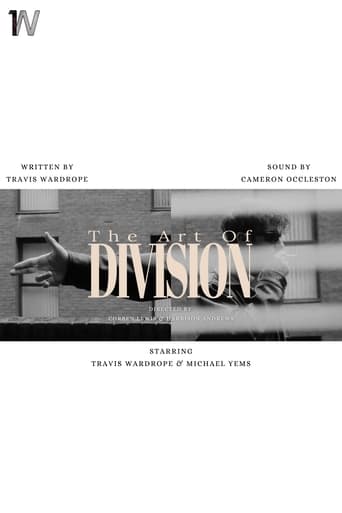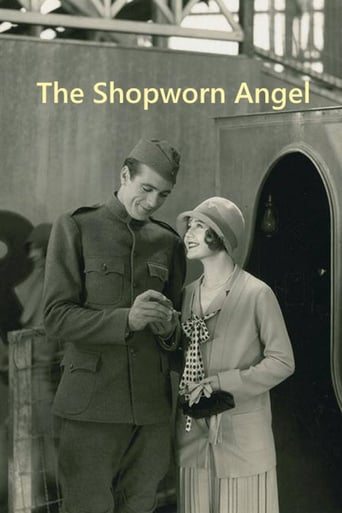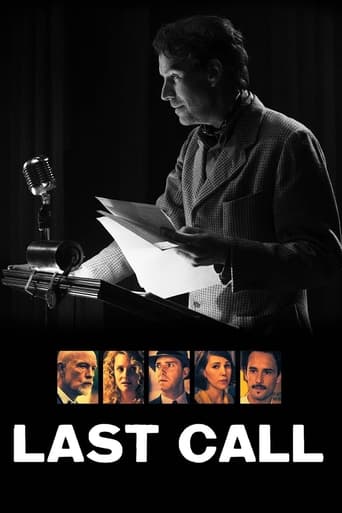Secret Agent (1936)
After three British agents are assigned to assassinate a mysterious German spy during World War I, two of them become ambivalent when their duty to the mission conflicts with their consciences.
Watch Trailer
Cast


Similar titles
Reviews
hyped garbage
One of the most extraordinary films you will see this year. Take that as you want.
This is a coming of age storyline that you've seen in one form or another for decades. It takes a truly unique voice to make yet another one worth watching.
There are moments that feel comical, some horrific, and some downright inspiring but the tonal shifts hardly matter as the end results come to a film that's perfect for this time.
This film is based upon the novel of the same title by Somerset Maugham. It is set in 1916, in the middle of the First World War. The hero's name is Ashenden, and the novel was filmed as a mini-series (of 220 minutes) entitled ASHENDEN in 1991, starring Alex Jennings as Ashenden. I saw that at the time, and remember thinking it long, excessively languid, and not very good. In 1959, the story was filmed as an ITV Play of the Week for British television, but IMDb does not even record the cast or running time of that production, so we know nothing of it. The role of Ashenden in Hitchcock's film is played by the young John Gielgud. That casting has often been heavily criticised, as Gielgud was rather effete and feeble to play the role of a war hero whose death in combat is faked so that he can be sent under a false name (Ashenden) on a secret mission to assassinate a German spy in Switzerland, before the spy can escape to Constantinople and enemy territory. However, I am inclined to think that Hitchcock knew very well what he was doing by casting the febrile Gielgud. It was not Gielgud's first film appearance, as some have thought, for he had already appeared in four previous films, the last being a Jessie Matthews musical (of all things!). But Gielgud did then think of film work as slumming, and made no secret of it. I believe that Hitchcock intentionally wished to highlight the deviousness and hypocrisy of the sort of people who did what one old-timer once described to me as 'a bit of polite espionage'. (Yes, that is an accurate quote of a man describing to me many years ago the work of his son-in-law Colonel John N. as a British military attaché.) Gielgud's arch manner and the ludicrous pantomime of a relationship between him and Madeleine Carroll, together with all the other social niceties and absurd affectations surrounding them in the film appear to be things which sickened Hitchcock, who had grown up in Limehouse amongst real people. I do believe that Hitchcock was trying to poke fun at all of those pretensions of his era, and that Gielgud was his unwitting tool in doing so. That is only my theory, and you may dismiss it if you wish. It is interesting that this film is based on THE SECRET AGENT by Maugham, and that Hitchcock's other film which came out in this same year, SABOTAGE (1936, see my review), was based on THE SECRET AGENT by Joseph Conrad. That's a lot of secret agents in one year. But then, the Nazis were on the rise, and most people sensed another war coming with the beastly Germans. Peter Lorre reappears in this film, making his second appearance in a Hitchcock film, the previous one having been THE MAN WHO KNEW TOO MUCH (1934, see my review). In the earlier film, Lorre had been brilliantly menacing, whereas in this film he is called upon to play an assassin who is a bit of a fool, in a manner which is not so much creepy as very silly. He only comes alive with some effective acting during the inspired section of the film which is set in the Swiss chocolate factory, which has been acting as a clearing house for German espionage communications. Hitchcock really 'does his stuff' in the chocolate factory, with some amazing sequences showing his usual cinematic genius. But perhaps the weirdest and most effective sequence in the entire film is when Madeleine Carroll is sitting and talking in a hotel room with the dreary, droning wife (a brilliant bit of casting) of a German man who has gone mountain climbing with Lorre and Gielgud, who wrongly suspect him of being a spy and intend to murder him on the mountain. The couple's little dachshund starts whining and clawing frantically at the door of the room, sensing paranormally that his beloved master is in danger, and trying to get out to save him. Just as Gielgud watches through a telescope as Lorre pushes the man over the edge of the mountain, the dachshund stops scratching at the door to get out and sets up a mournful howl of loss and grief. Charles Frend's brilliant editing and cutting back and forth between the mountain and the dog in the room builds incredible tension, and when the innocent man is killed, the sight of his dog bereft and howling highlights the tragedy of this mistaken assassination in a manner which is uniquely bizarre and effective. One could call that the most inspired touch in the whole film. The point of the action of the film is said to be to prevent a military disaster 'in the East'. At that time the Ottoman Empire still existed and was an ally of Germany. Early in the film, when Gielgud is being briefed in London by the Foreign Office, he is told: 'The Germans are trying like mad to buy up the Arabs.' As this film was being made, the SS were doing precisely that. Having the Grand Mufti of Jerusalem up their sleeve as a reliable 'quisling' fascist leader for their planned 'German Middle East', they realized that they would need a reliably fascist and anti-semitic civil service to serve under him. So they poured vast sums of money into the small and fanatical Muslim Brotherhood, whose found was an admirer of Hitler. That Islamo-fascist organisation is still with us, and is effectively a creation of the Germans, just as hinted in this film. Once again, Hitchcock was anticipating dangers of the future, as he did with the exploding London bus in SABOTAGE (see my review).
Who stands out in this film: Peter Lorre. Lorre plays the comical and crazy Mexican spy who is ready to kill at the drop of a hat who's name is 'General Pompellio Montezuma De La Vilia De Conde De La Rue' - one heck of a name and NO he does not want you to call him Charlie. This film actually showcases Lorre's comical and weird side - very much fun to watch this movie just for him.We also have Robert Young who is well known for the TV series "Father Knows Best". He's good in this as he peruses the oh so lovely Madeleine Carroll - the romance aspect of this film.The story itself isn't bad - it's not great but it's certainly not downright horrible. It's enjoyable to watch if you don't take it too seriously. Watch this one as a fun spy film and you can easily enjoy it.7/10
I found the film is a bit uneven but worth watching for at least four reasons. One of them is the performance of Madeleine Carroll who is perhaps the best of all the Hitchcock blondes. She was stunningly beautiful and a supremely talented actress. Her performance stands the test of time and of changing screen acting techniques. Carroll as Elsa is called upon to run a great range of emotions and never misses a beat. Her face is surely one of the most beautifully expressive faces in screen history.Peter Lorre is always worth watching. He is at once comical and cunning. He can be obsequious and yet ready to take the offensive the moment the opportunity arises.The third thing that strikes me in this film is how uninteresting John Gielgud was as a younger man. His face was rather non-descript and he had not developed the distinctively deep, resonant tone that was Gielgud's trademark. I know that he is playing the part of a relatively young man and not an old, wise professor but his lack of diction makes some of his lines completely lacking in emotion and is sometimes difficult to understand. Age certainly improved Gielgud as a screen presence.Robert Young's scenes with Madeleine Carroll are the highlight of the film. Witty, sophisticated dialogue and great charm. Both know what the other is thinking as they playfully counter each others moves.
It is hard to assign this inter-war Hitchcock thriller to any one genre... it is clearly a spy thriller but there are also romantic elements and a good number of comic moments.John Gielgud plays writer Edgar Brodie who returns from service in France in 1916 to learn that he has died while on leave! This is all part of establishing his new cover as Richard Ashenden; he is to go to neutral Switzerland with a man known as 'The General' to identify and eliminate a German agent before he can get to Constantinople. When Ashenden gets to Switzerland he is surprised to hear that his 'wife' Elsa has got there ahead of him; when he goes up to his room he finds a beautiful blonde wearing nothing but a towel and an American by the name of Robert Martin. It turns out that his boss, known as 'R', had sent her to improve his cover; he isn't impressed at first though as he sees her as a thrill seeker who doesn't really know how deadly their mission might be. They both learn when Ashenden and The General find their contact dead; the only clue to the killer is a button the dead man is clenching. That night at the casino Ashenden accidentally drops the button onto the roulette table. There is a bit of a laugh when it lands on the winning number then another player says he things it must be his... he is an Englishman married to a German woman; as he is undoubtedly the spy Ashenden and The General work up a plan to dispatch him. When the job is done Elsa no longer feels what they are doing is exciting and glamorous; it is grubby work... and it seems even grubbier when they learn that they got the wrong man! I lead puts them in the right direction but by then their target is on the move; heading to Constantinople which is in enemy territory.This Hitchcock film may be over seventy five years old but it doesn't feel particularly dated because it has a decent plot that has a few nice twists without being so convoluted it is hard to follow. The cast did a good job with a young John Gielgud putting in a sold performance as Ashenden; Madeleine Carroll was delightful as his 'wife' Elsa... I certainly won't forget her introductory scene and Peter Lorre was particularly entertaining as this lecherous, slightly creepy 'foreign gentleman'; The General. As one would expect from Hitchcock it was shot in a way that captured the tension of the situation... if you are a fan of Hitchcock's other works or just want to see a thriller that doesn't involve any offensive material then this is well worth watching.

